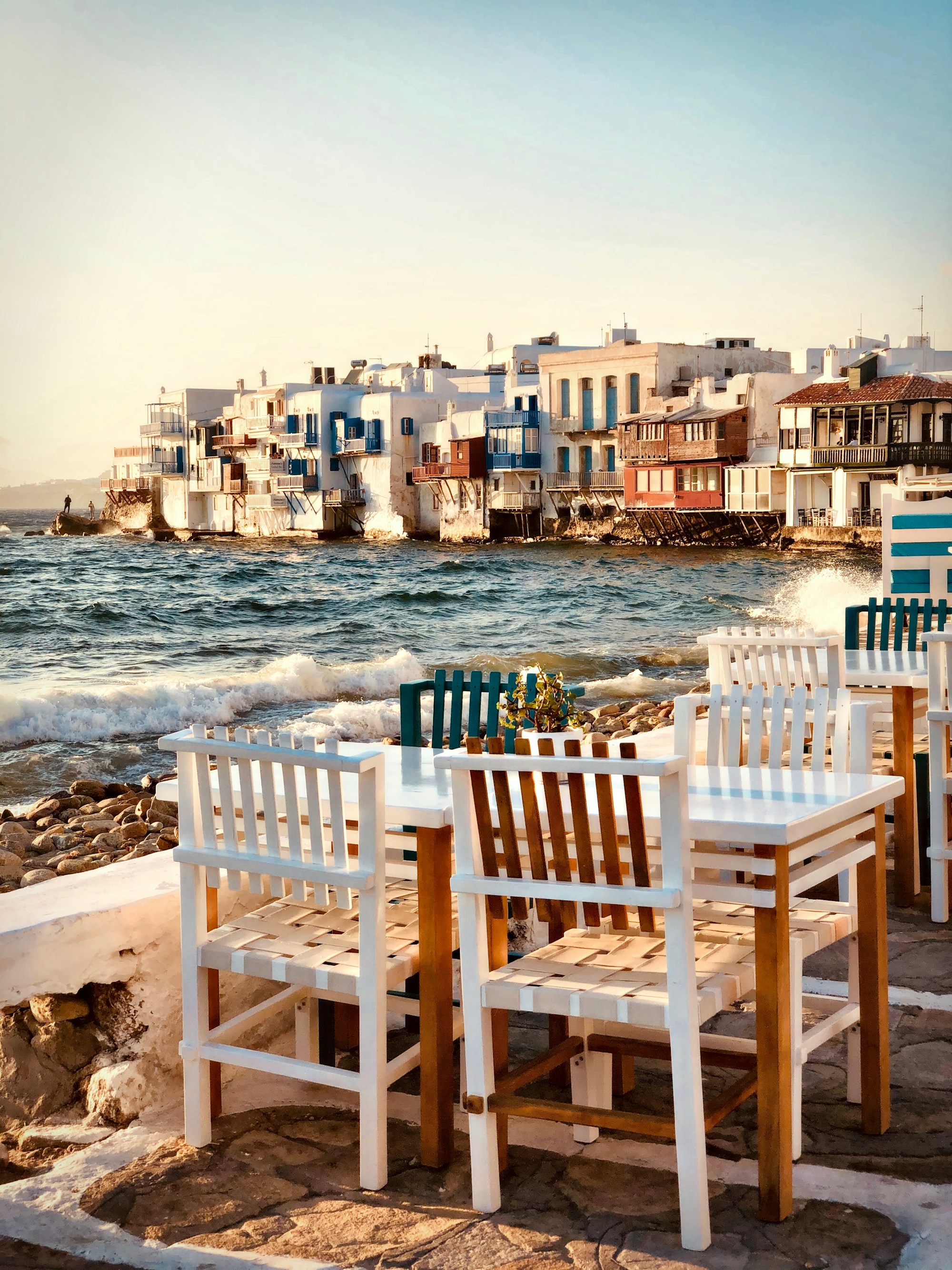Mykonos Travel Guide: Local History, Customs, and Festivals
Discover Mykonos: Unveiling its rich history, vibrant customs, and lively festivals for an unforgettable travel experience.

Mykonos Travel Guide: Local History, Customs, and Festivals
Welcome to Mykonos, a gem in the Aegean Sea! This charming Greek island is renowned for its stunning beaches, vibrant nightlife, and atmospheric villages. But beyond its picturesque facade, Mykonos is steeped in rich history and traditions that date back thousands of years. This guide will explore the island's local history, customs, and festivals, ensuring you make the most of your visit.
Local History
Mykonos has a history that spans several millennia. The island played a significant role during the ancient Greek era and has been home to various civilizations, including the Ionians, Romans, Byzantines, Venetians, and Ottomans.
Ancient Mykonos
The island's name is believed to derive from Mykons, a hero of Greek mythology and a descendant of Apollo. Archaeological evidence suggests that Mykonos was inhabited as early as 3000 BCE. During ancient times, it flourished as a trading hub due to its strategic location in the Aegean Sea.
Medieval and Modern Eras
Throughout the medieval period, Mykonos experienced invasions and occupations by various foreign powers. It was part of the Byzantine Empire and later came under Venetian and Ottoman rule. The island participated in the Greek War of Independence in the 19th century and eventually became part of modern Greece.
Customs
Understanding Mykonos' unique customs will deepen your appreciation of the island’s culture. Here are some noteworthy customs and traditions:
Greek Hospitality (Philoxenia)
Greek hospitality, or "philoxenia," is legendary. It’s a cultural duty to welcome and care for strangers, treating them as honored guests. When visiting locals, it’s customary to be offered sweets, coffee, and even a meal.
Religious Observances
Religion plays a vital role in daily life. The island is dotted with over 400 churches and chapels. Many locals observe religious traditions such as Easter, where special rituals like the Holy Fire and vibrant processions take place.
Festivals
Mykonos is a lively island, and its calendar is packed with festivals and celebrations. These events offer a glimpse into the island's vibrant culture:
Carnival (Apokries)
Apokries, the Greek Carnival period before Lent, is celebrated with much zeal in Mykonos. Locals and visitors alike wear costumes, and the island hosts parades, feasts, and lively parties.
Mykonos Summer Festival
The Mykonos Summer Festival is an annual event that showcases local and international music, theater, and dance performances. Held during the peak tourist season, it offers a rich cultural experience against the backdrop of the stunning island.
Panagia Tourliani Feast
The feast of Panagia Tourliani, celebrated on August 15th, is one of the most important religious festivals in Mykonos. Devotees gather at the Panagia Tourliani Monastery to honor the Virgin Mary with processions and traditional feasts.
Grapemust Festival
Celebrated in September, the Grapemust Festival marks the harvest season. Locals celebrate with grape stomping, live music, traditional dances, and plenty of food and wine, providing an authentic taste of Mykonos’ rural culture.
Conclusion
Mykonos is more than just a destination for sun and sea; it is an island where history, customs, and festivals merge to offer a rich and unforgettable experience. Whether you’re exploring ancient ruins, participating in local customs, or immersing yourself in festive celebrations, Mykonos promises to enchant and inspire.
